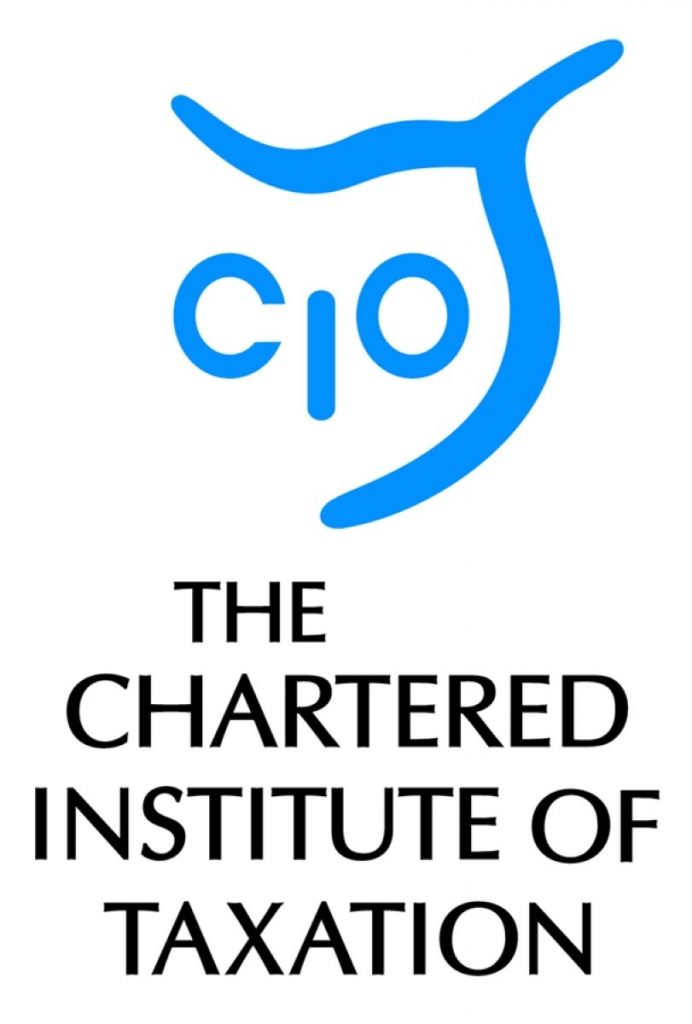CIOT: Treasury Committee report on tax policy a good step forward
The Chartered Institute of Taxation (CIOT) has welcomed the House of Commons’ Treasury Committee’s report on the ‘Principles of Tax Policy’, published today. The report, towards which the CIOT contributed both written and oral evidence, reflects a good number of the points the CIOT made.
Vincent Oratore, CIOT President, said:
“We have long argued that tax changes need to have more regard to coherent and continuing tax policy: the Treasury Committee’s endorsement of the benefits such an approach will bring is appropriate and welcome.
“The Treasury Committee has joined all of those involved with the tax system in saying that the process of tax policy making has to improve. The Committee sets out some sound principles that mesh well with the Government’s own Tax Policy Making proposals.”
As CIOT President, Vincent Oratore has been campaigning for improvements to the process in which tax law is made, with a particular emphasis on the need for better parliamentary scrutiny. The Treasury Committee’s report touches on aspects of this and acknowledges that the process of scrutiny is not for Parliament alone: the tax profession has to play its part. This is effectively endorsement of the CIOT’s constant campaign for better consultation.
Vincent Oratore continued:
“The Committee’s comments about the need for proper time for parliamentary scrutiny, yet allowing the tax profession to play its part in improving tax law, is fully in line with the CIOT’s thinking. So is the call the Committee makes for a specialised unit to help MPs with tax technical support, something we have long felt is necessary.
“However, the Committee’s suggested timetable for a Finance Bill does truncate the time available for the vital stages of consulting on the principles of the change. Whilst the idea of completing the passing of the new legislation before the new tax year has its attractions, it cannot be at the expense of proper time to evaluate the design of the measure.
“I hope that the Committee will return to the issue of parliamentary scrutiny of tax legislation as they do not consider the role of the House of Lords, or the possible Joint Parliamentary Committee that we have proposed. This is an issue that the Tax Policy Making document asks them to review.”
Notes for editors
The Chartered Institute of Taxation (CIOT) is a charity and the leading professional body in the United Kingdom concerned solely with taxation. The CIOT’s primary purpose is to promote education and study of the administration and practice of taxation. One of the key aims is to achieve a better, more efficient, tax system for all affected by it – taxpayers, advisers and the authorities.
The CIOT’s comments and recommendations on tax issues are made solely in order to achieve its primary purpose: it is politically neutral in its work. The CIOT will seek to draw on its members’ experience in private practice, government, commerce and industry and academia to argue and explain how public policy objectives (to the extent that these are clearly stated or can be discerned) can most effectively be achieved.
The CIOT’s more than 15,000 members have the practising title of ‘Chartered Tax Adviser’ and the designatory letters ‘CTA’.
George Crozier
External Relations Manager
D: +44 (0)20 7340 0569
M: +44 (0)7740 477374
The Chartered Institute of Taxation
Registered charity number 1037771
www.tax.org.uk
The Association of Taxation Technicians
Registered charity number 803480
Registered company number 2418331
VAT Registration Number 497 5390 90
www.att.org.uk
1st Floor, Artillery House, 11-19 Artillery Row, London SW1P 1RT





-01.png)